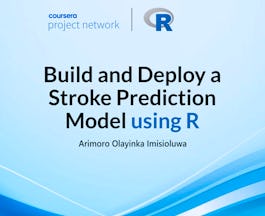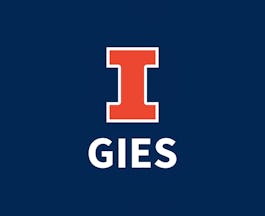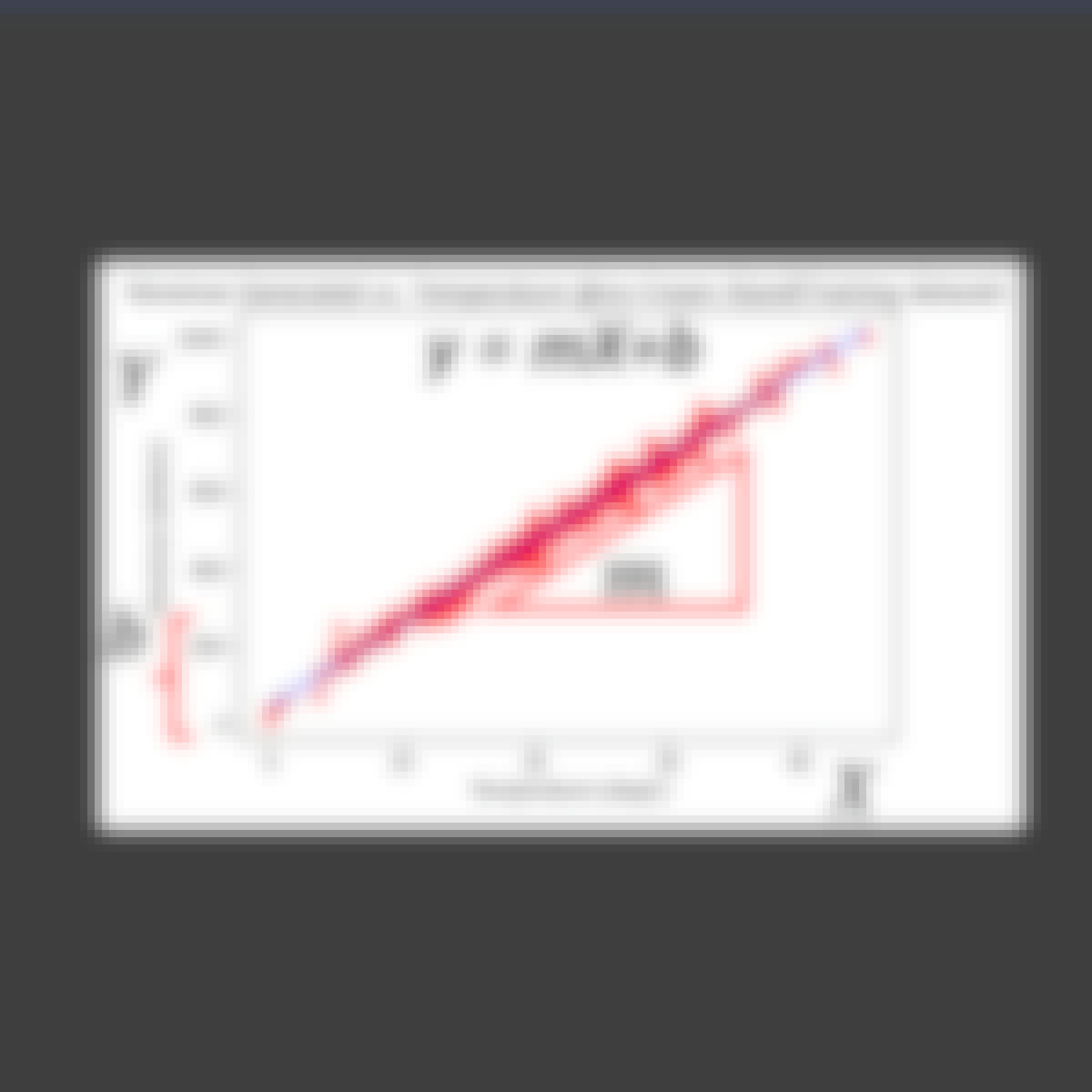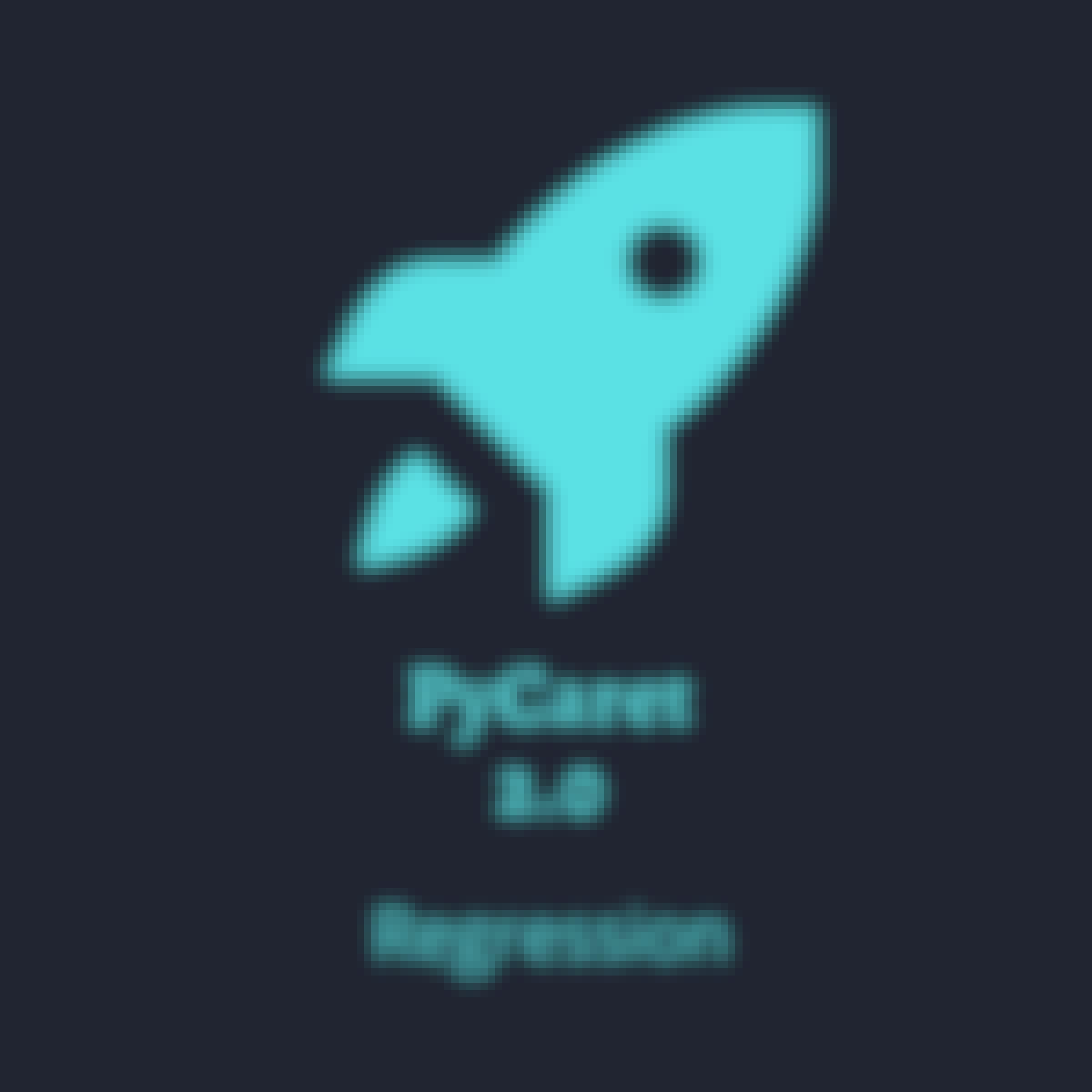Filter by
The language used throughout the course, in both instruction and assessments.
Results for "regression+discontinuity+design"
 Status: Free
Status: FreeCoursera Project Network
Skills you'll gain: Data Analysis, Data Visualization, Machine Learning, Python Programming, R Programming

University of Colorado Boulder

University of Illinois Urbana-Champaign
Skills you'll gain: Market Research

University of California San Diego
Skills you'll gain: Machine Learning, Regression, Data Analysis, Machine Learning Algorithms, Probability & Statistics, Statistical Programming, Algorithms, General Statistics, Statistical Machine Learning

L&T EduTech

University of Washington
Skills you'll gain: Machine Learning, R Programming

Coursera Project Network
Skills you'll gain: Machine Learning, Python Programming, Regression

Johns Hopkins University

University of Colorado System
Skills you'll gain: Data Warehousing, Business Intelligence, Databases

University of Colorado Boulder
Skills you'll gain: General Statistics, Probability & Statistics, Regression, Calculus, Linear Algebra

Coursera Project Network
Skills you'll gain: Human Learning, Machine Learning, Python Programming, Regression

University of Colorado Boulder
In summary, here are 10 of our most popular regression+discontinuity+design courses
- Build and deploy a stroke prediction model using R: Coursera Project Network
- Techniques of Design-Oriented Analysis: University of Colorado Boulder
- Customer Insights: Quantitative Techniques: University of Illinois Urbana-Champaign
- Design Thinking and Predictive Analytics for Data Products: University of California San Diego
- Design Basics of Steel Buildings: L&T EduTech
- Practical Predictive Analytics: Models and Methods: University of Washington
- Simple Linear Regression for the Absolute Beginner: Coursera Project Network
- Sustainable Transportation Networks and Streetscapes: Johns Hopkins University
- Design and Build a Data Warehouse for Business Intelligence Implementation: University of Colorado System
- Generalized Linear Models and Nonparametric Regression: University of Colorado Boulder










